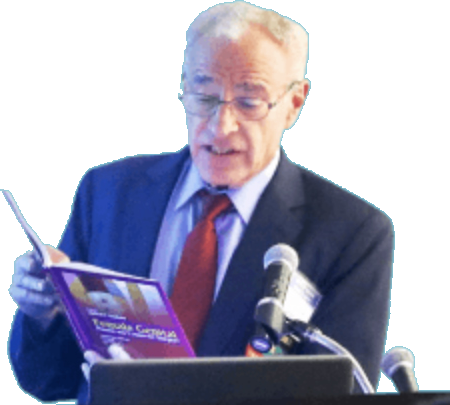Traditional medical dictum is that “hormones” (estrogens) are a risk factor for breast cancer and this is partially true. A woman’s own ovaries and the comparatively high level of estrogens they secrete (also influenced by genetics), and long-term high dose estrogens (birth control pills or traditional postmenopausal HRT) are somewhat positive risk factors for breast cancer. The key words are: a woman’s own ovaries, and “long-term high-dose.”
It’s now known (from combined analyses of over 45 long-term studies involving more than 750,000 women) that, as a blanket statement, estrogens do not alone cause breast cancer. A recent analysis of several large studies showed that if a woman with a previous history of breast cancer (“breast cancer survivor”) takes short-term (2 years or less) low dose HRT (e.g., to help with severe perimenopausal symptoms), she has no higher and probably decreased risk of dying from breast cancer than a woman who does not take estrogens!
If estrogens are taken, they key is: short-term, and low-dose. The key is understanding and individualization. The hormones a woman’s own ovaries secrete are far greater risk factors for breast cancer than short-term low dose estrogen supplementation.
However, if armed with this new knowledge you still are at heart fearful of estrogens and feel their effect on your breasts to be negative, you should not take them as this negative psychic stress may certainly impact negatively on your immune system, outweighing any possible beneficial hormonal effects. Find a suitable non-estrogen way to manage your symptoms.
Also, there is great promise in SERM’s (Selective Estrogen Receptive Modulators), synthetic compounds which certainly give the same bone and cardiac protection as estrogens and at the same time significantly lower the risk of breast cancer. The problem is, the presently available SERM’s (Raloxifen, Tamoxifen) do not in any way help menopausal symptoms – in fact, they make them worse.
However, the whole ball game will soon be different with FDA approval (expected in 1-2 years) of a new generation of SERM’s. One of these, Tibolone, has been used in Europe (under the trade name Livial) for more than a decade. Not only does it have the same protection as other SERM’s, but it helps with menopausal symptoms as well.

